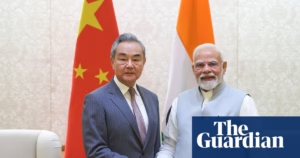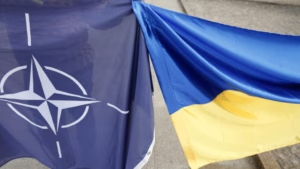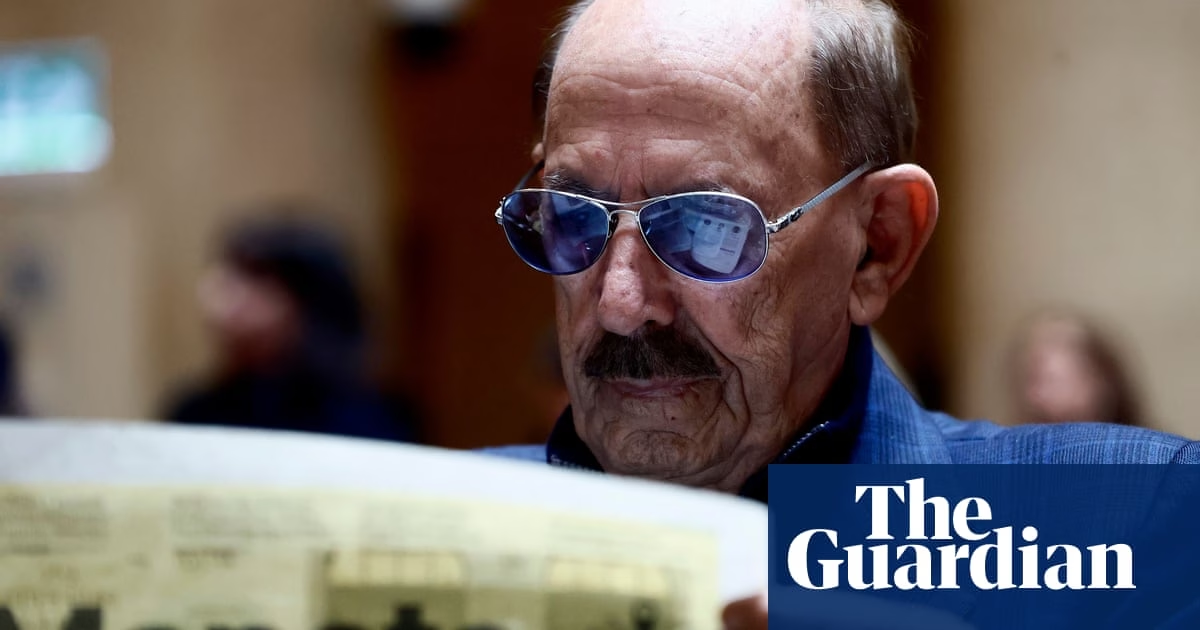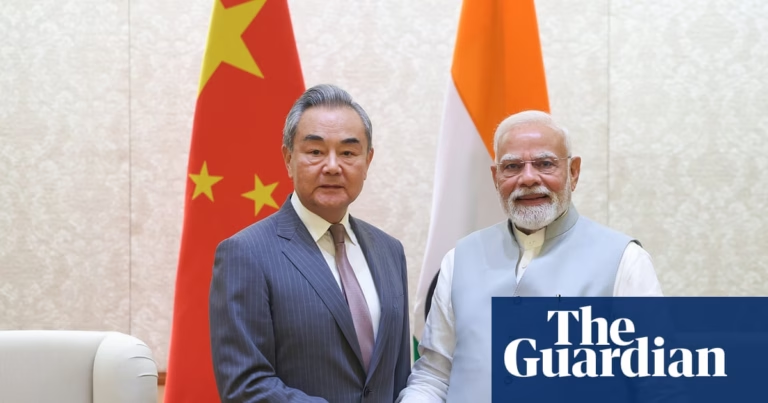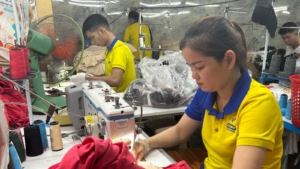In recent years, media pluralism across many European Union member states has been increasingly threatened by the high concentration of media ownership. This issue is especially concerning in countries that have traditionally boasted free media markets, according to a report that signifies a worrying decline in press freedom throughout the union.
The report, a compilation by the Civil Liberties Union for Europe (Liberties), integrating the findings from 43 human rights organizations spanning 21 countries, identifies several EU governments as flagrant offenders in the areas of press freedom attack or erosion of media independence and regulation.
Due to weak ownership transparency rules, mounting government influence over public media, and threats directed at journalists, the report decries that media freedom and pluralism are “under attack across the EU”, with some instances escalating to an existential threat.
“It comes as no surprise,” affirms Jonathan Day, the report’s lead editor. “Efforts by governments to undermine the rule of law and democratic institutions invariably commence with attempts to control the country’s media landscape.”
Regarding the European Union’s endeavors to protect media freedom, represented by the European Media Freedom Act (Emfa), Day remarked that it is already encountering resistance, further emphasizing that its enforcement could be critical to the fate of media freedom within member states.
The report emphasizes excessive media ownership concentration as a significant concern in countries like Croatia, France, Hungary, the Netherlands, Slovenia, Spain, and Sweden. Ownership is often concentrated in the hands of a few ultra-wealthy individuals.
This issue is compounded by insufficient transparency in media ownership, with numerous member states failing to establish publicly accessible databases mandated by the Emfa, which is expected to become fully effective in August.
Media outlets face significant challenges in countries such as France, due to acquisitions like Vincent Bolloré’s takeover of Hachette and the installation of executives sympathetic to his conservative billionaire views. In Italy, there are worries about the proposed acquisition of AGI, a leading news agency, by the far-right-oriented Angelucci Group.
In Sweden, Bonnier owns a substantial share of all subscription-based multi-day newspapers, while Schibsted holds a significant portion including major titles like Aftonbladet and Svenska Dagbladet. The Dutch media market is dominated by DPG Media, Mediahuis, and RTL Nederland, with concerns over concentration in market control.
Germany is also experiencing concerns due to the closure of many local newspapers, resulting from digitization and declining readership. Nearly half of all German newspaper publishers have cut their editorial staff with further reductions expected.
Hungary represents the pinnacle of media ownership concentration and state media interference. The Central European Press and Media Foundation (Kesma), run by the loyalists of Prime Minister Viktor Orbán, owns numerous media companies.
Globally, governments are exerting influence over national media via the opaque allocation of state advertisements or favoring government-friendly outlets, as observed in countries such as Bulgaria, Croatia, Greece, Malta, Slovenia, and Spain. Public media has become a “fully captured government mouthpiece” in Hungary and a concerning trend towards this is also seen in Slovakia, Croatia, Greece, Bulgaria, and Italy.
In addition, journalists across countries face the threat of hate speech, physical attacks, and police violence, encountering abuse particularly in France, Germany, Greece, Hungary, and Spain. Female journalists are disproportionately targeted. Strategic litigation against public participation (SLAPP) lawsuits are also identified as a “potentially existential threat” across at least a dozen EU countries, with the Prime Minister of Slovakia, Robert Fico, having initiated such a case against a journalist.
Public officials have further obstructed the work of journalists by resisting or refusing freedom of information requests in several countries including Bulgaria, Germany, Greece, Malta, the Netherlands, and Spain. The report draws attention to these pervasive challenges in maintaining press freedom and media pluralism within the EU.
Source: https://www.theguardian.com/media/2025/apr/29/media-freedom-pluralism-existential-battle-eu-report-finds


